The State University of New York launched its Food Insecurity Task Force of higher education leaders and students from across the university system, along with experts in the fields of diet and nutrition, campus food service, financial aid, food waste prevention, nutritional research scientists, among others. The group will build resources and support in alignment with Governor Andrew M. Cuomo’s “No Student Goes Hungry Program,” a comprehensive program to provide all students with access to healthy, locally sourced meals from kindergarten to college.
“Food insecurity continues to pose a formidable challenge across the United States and for many of our students, to the point of impacting their ability to achieve academic success,” said SUNY Chancellor Kristina M. Johnson. “I applaud Governor Cuomo for leading key stakeholders across New York State to commit resources and form partnerships to solve this issue through his ‘No Student Goes Hungry Program.’ As the largest system of higher education, SUNY has resources in place and expertise to develop a sustainable food source program for our students. Today, 70% of SUNY campuses provide food security through food pantries, other resources for food on site, or strong community partnerships. We will make it 100%.”
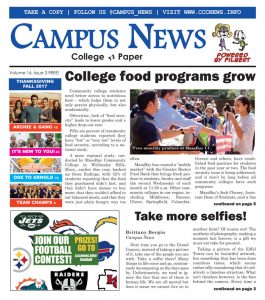
Monroe Community College President Anne M. Kress and Food Bank Association of New York State Executive Director Anita M. Paley will co-chair the task force. This month the group will convene and begin work on three initial goals: scale up existing best practices amongst SUNY campuses, leverage corporate and private resources and support, and launch a comprehensive, multi-year campaign to build awareness of SUNY resources.
President Kress said: “SUNY’s Food Insecurity Task Force is focusing on a critical issue that impacts students’ retention and success every day: hunger. At Monroe Community College alone, over half of students responding to a recent Wisconsin HOPE Lab study reported skipping meals and almost 40% reported being hungry but not eating because of cost. SUNY’s leadership on addressing food insecurity will help assure these students—and so many others—can focus fully on succeeding in and completing college. I appreciate the leadership of Governor Cuomo and SUNY in bringing attention to this growing challenge, and am honored to serve on a group dedicated to identifying system-wide solutions.”
Executive Director Paley said: “The Food Bank Association of New York State is pleased to be working beside SUNY to build upon their demonstrated efforts to resolve student food insecurity on campuses. Food insecurity does not discriminate, it brings with it a hidden shame and a great deal of stress to those who experience it. The students who suffer are often the ones who are working to put themselves through school and may not have access to any other resources to make ends meet. No one should go hungry in America and with Governor Cuomo, the SUNY Board of Trustees and Chancellor Johnson supporting the efforts of the SUNY Food Insecurity Taskforce, at least in New York State will have one more opportunity to resolve the issue. Our Association is grateful to be a part of the solution.”
The Task Force is being coordinated by Associate Provost of Student Affairs Dr. John L. Graham and will include representatives from SUNY’s 64 campuses and the following organizations: Food Bank Association of New York State, University Faculty Senate, auxiliary service corporations, Regional Food Bank of Northeastern New York, City Harvest, SUNY Student Assembly, and SUNY Board of Trustees Student Life Committee.



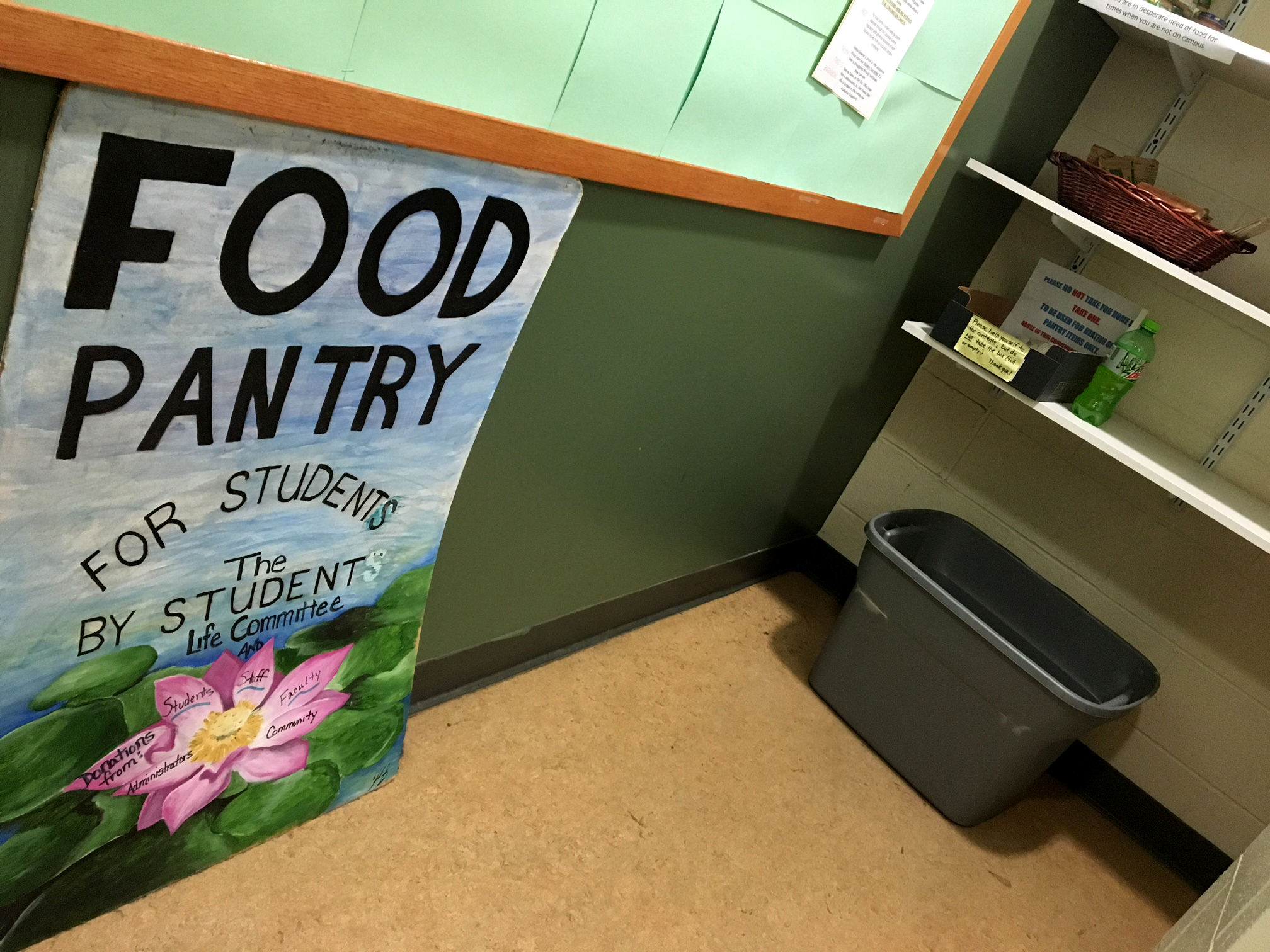
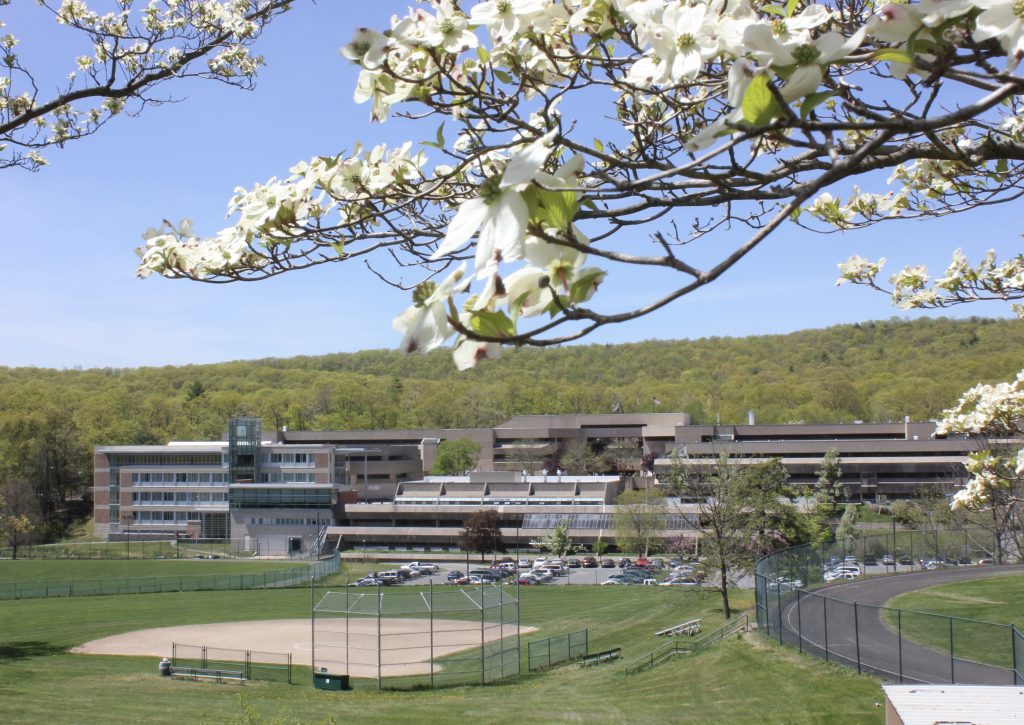
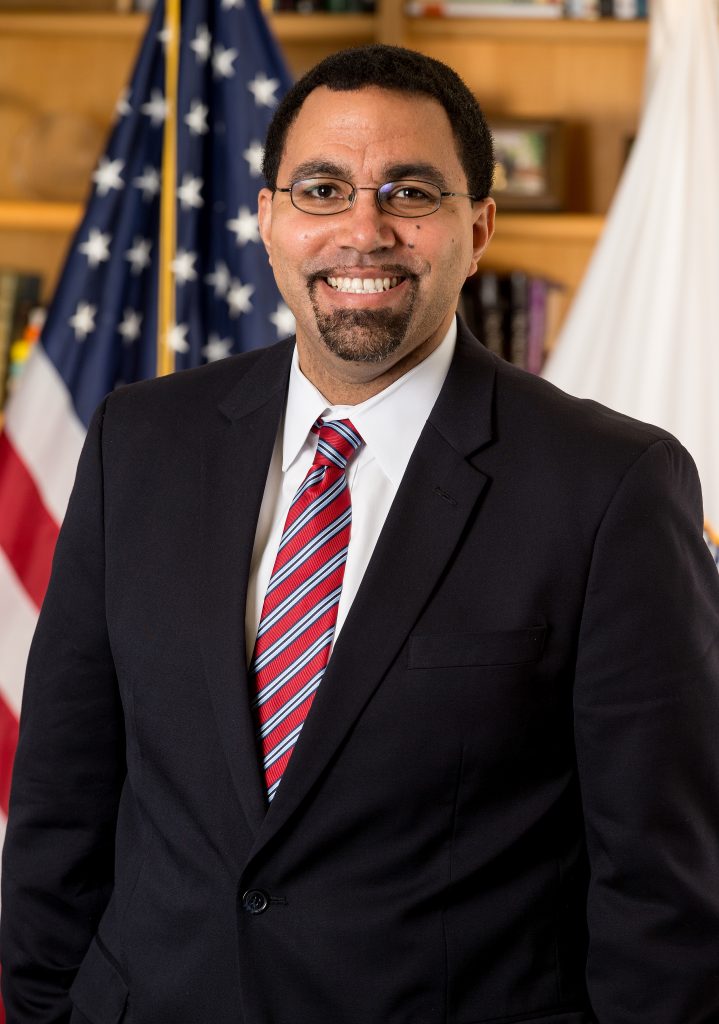
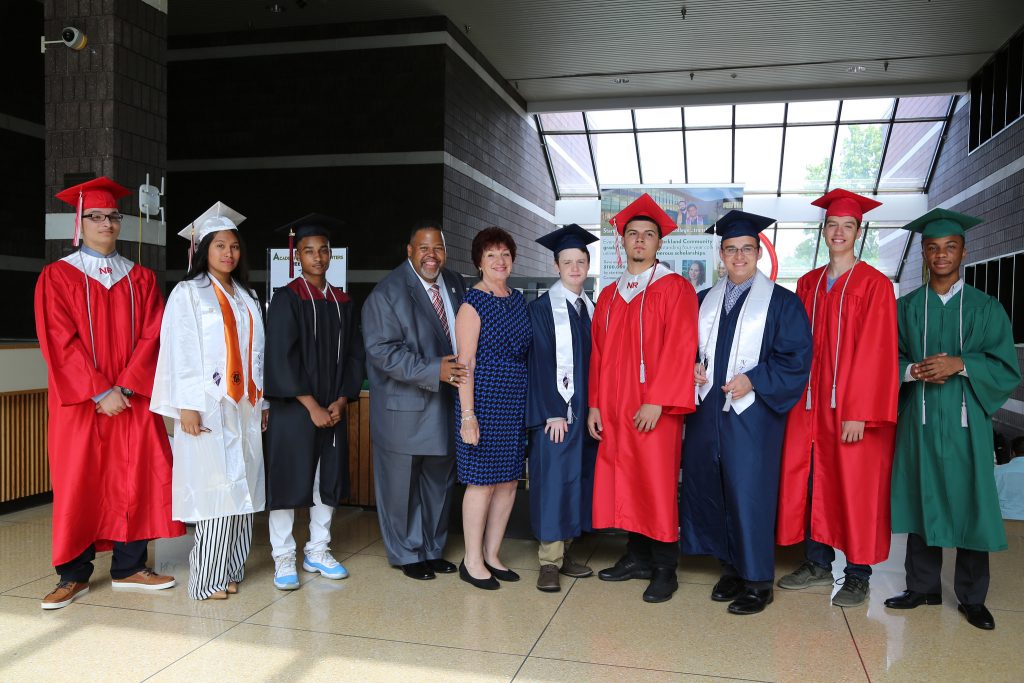

Facebook Comments